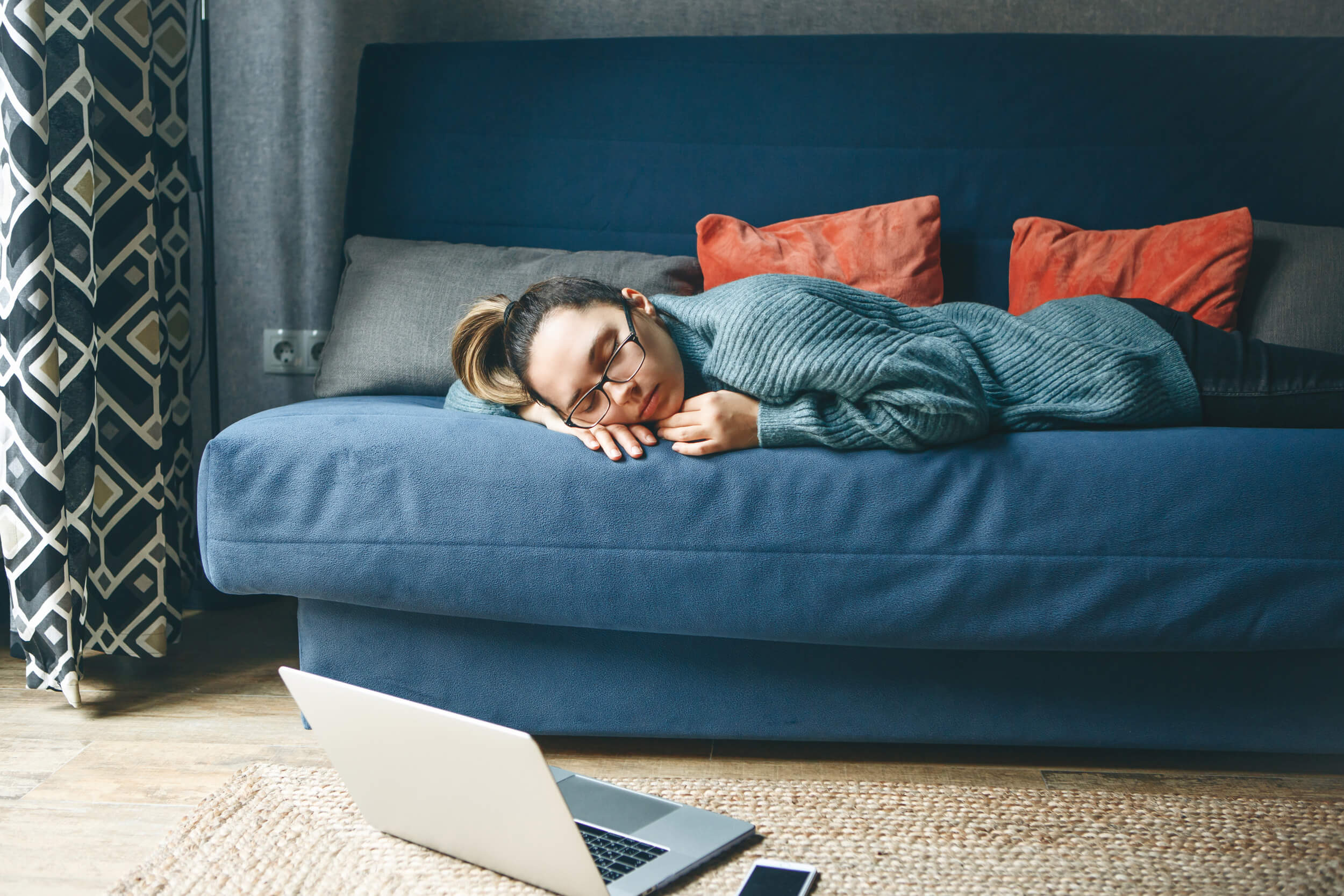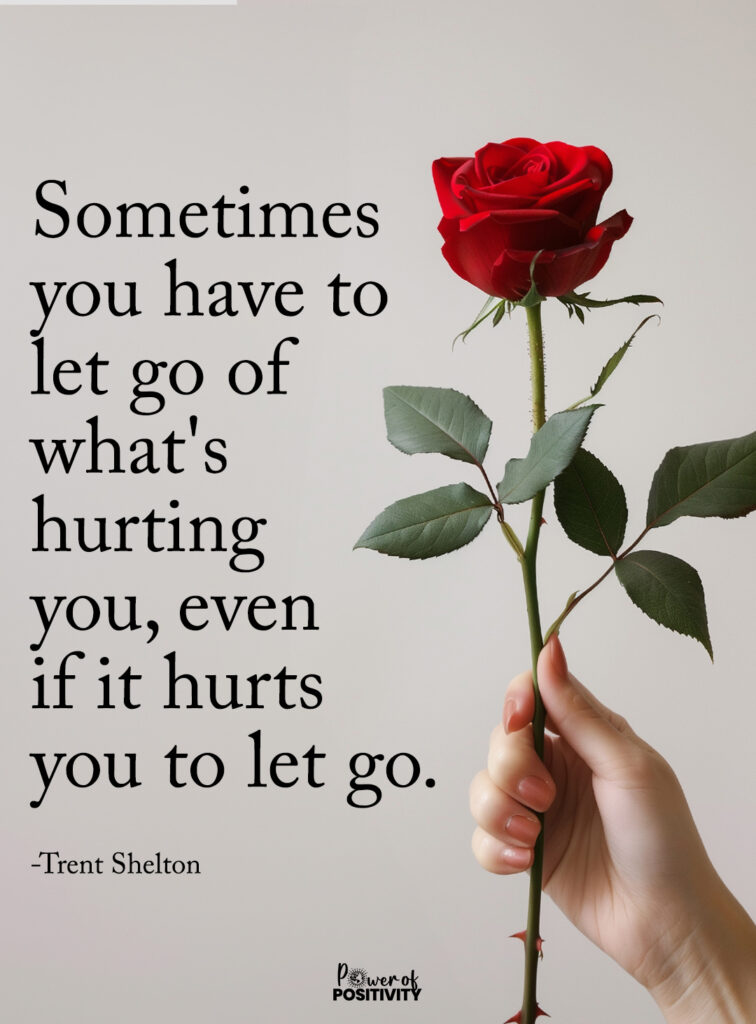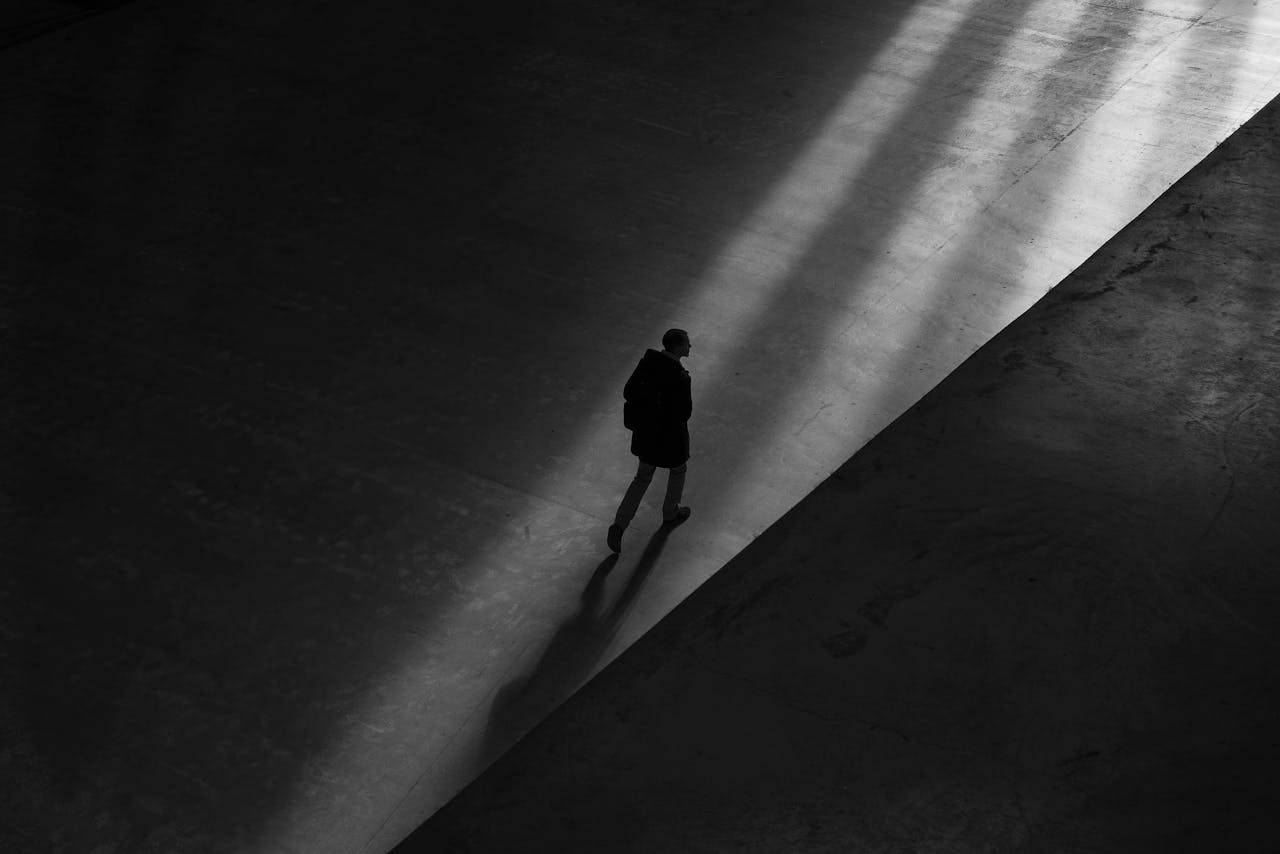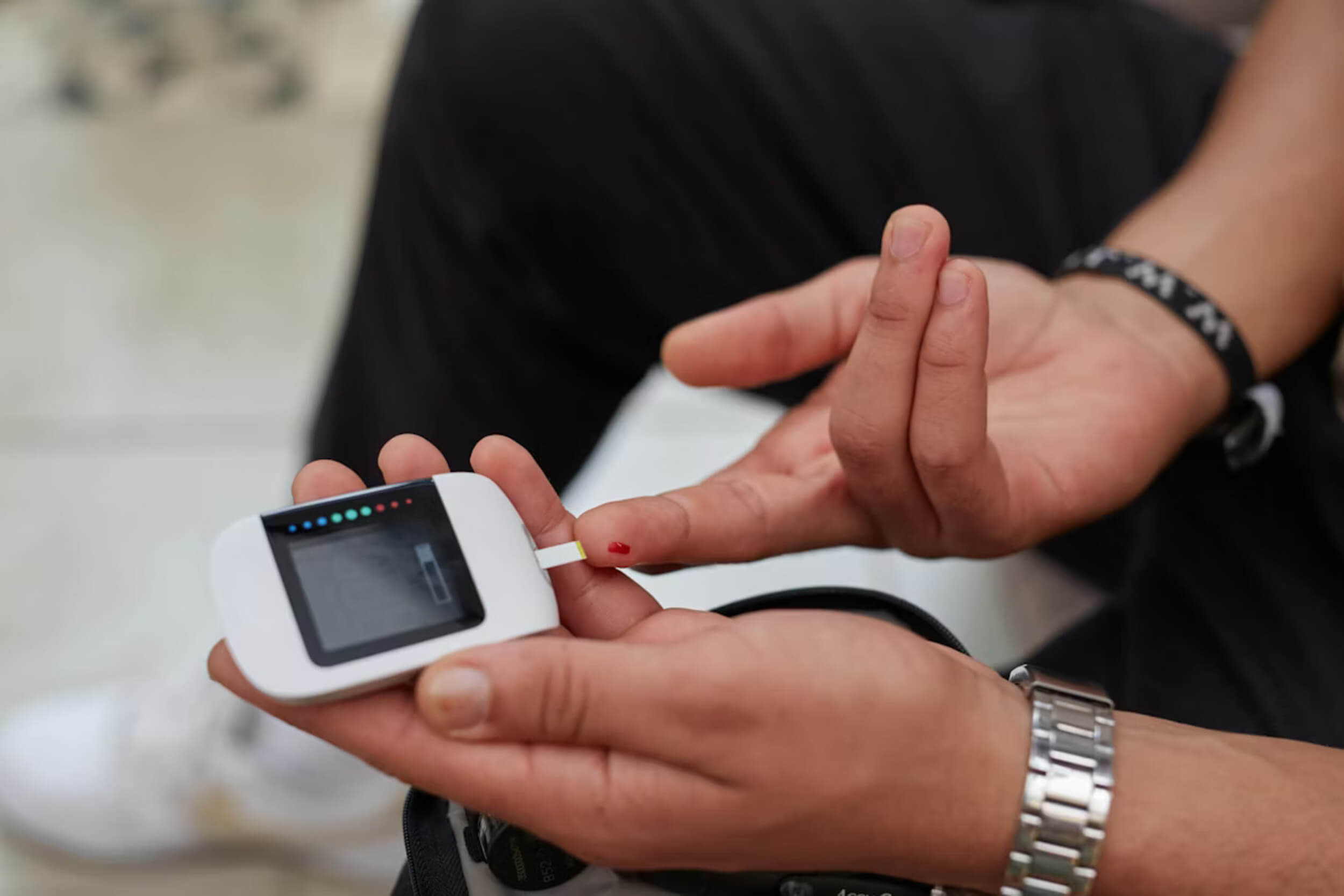Getting a full night’s rest sounds simple — but for many people, it’s anything but. You lie down tired, and yet your mind won’t switch off. Or you wake up groggy, even after being in bed for eight hours. That’s because sleep isn’t just about closing your eyes — there’s a lot more going on.
Scientists have studied sleep for decades, and while we know more now than ever, it’s still one of the body’s most complicated systems. From brain chemicals to body temperature, there are dozens of things working together each night.
What actually helps us rest better isn’t always what we expect. This article takes a look Behind Better Sleep — breaking down what really works, based on solid science, not guesswork or trends. If you’ve been struggling at night, you’ll want to read on.
How Sleep Cycles Work in the Brain and Body
Falling asleep isn’t a one-and-done thing. Your brain actually moves through a pattern of stages all night long. These are called sleep cycles, and they each last about 90 minutes.
Here’s what happens during one cycle:
- Stage 1: Light dozing, easy to wake up
- Stage 2: Body slows down even more, heart rate drops
- Stage 3: Deep sleep – the body repairs itself here
- Stage 4 (REM): Brain becomes active again, and most dreams happen
You’ll go through these stages oOver and over through the night, your body moves through cycles. The deeper ones help you heal, while REM keeps your brain sharp.
Why does it matter? Because:
- Skipping deep rest can leave you sore or run-down
- Missing REM can affect focus, memory, and mood
- Broken cycles (like waking up often) stop full recovery
Understanding these cycles is one of the first steps Behind Better Sleep. Getting full, steady rest makes a big difference.enough hours is good — but getting full cycles is better.
Your Internal Clock: The Circadian Rhythm Explained
Your body has a built-in timer that helps control when you feel awake or sleepy. That timer is called your circadian rhythm.
This clock is kept on track by something in your brain called the suprachiasmatic nucleus, which reacts to light. When it gets dark, your body starts producing melatonin — a hormone that helps you wind down.
Here’s how your body stays in sync:
- Morning light helps you feel awake and alert
- Evening darkness triggers melatonin so you can fall asleep
- Shifted routines (like staying up late) throw your rhythm off
- Screens at night confuse the brain into thinking it’s still daytime
When your circadian rhythm is off, your sleep gets out of sync too. That’s why keeping a regular sleep-wake schedule makes a big difference.
The Real Sleep Drivers: What Makes You Tired (and What Keeps You Awake)
Ever wonder why you feel more tired the longer you’re awake? That’s because of a chemical called adenosine. It builds up in your brain all day, making you feel sleepy at night.
But here’s what can mess with it:
- Caffeine blocks adenosine, so you feel alert instead of tired
- Drinking coffee late in the day can delay sleep for hours
Your body also has chemicals that push you to stay awake. These include:
- Cortisol: a stress hormone that keeps your body on high alert
- Orexin and dopamine: they help you feel active and focused
Too much stimulation before bed — like stress, loud music, or even intense TV shows — can raise these levels and make sleep harder.
If you’re trying to get Behind Better Sleep, knowing how these chemicals work can help you change what you do in the hours leading up to bed.
Your Sleep Blueprint: Understanding Sleep Architecture
Sleep isn’t just about time — it’s about the structure of how your brain rests during the night. This is called sleep architecture, and it’s built from different sleep stages.
Each night, your body moves through light rest, deep rest, and REM. A full cycle includes all three, and you go through several cycles each night.
Interruptions like waking up often or sleeping in short bursts can break this pattern.
Here’s why that matters:
- Deep sleep repairs your body
- REM sleep supports memory and mood
If your cycles keep getting cut short, you miss the benefits. A better structure = Behind Better Sleep.
The Science-Backed Tools That Actually Work
If you’re tired of guessing what helps you sleep, these proven tools backed by science can point you in the right direction.
1. Light Exposure and Sleep Timing
The light you see during the day (and at night) affects your sleep more than you think.
Here’s what helps:
- Get morning sunlight as soon as possible — it helps your body know it’s time to be awake
- Limit screens before bed — blue light tells your brain to stay alert
- Use a light box if you don’t get enough daylight, especially in winter or if you work nights
Keeping light patterns consistent helps your sleep cycle stay on track. It’s one of the easiest steps Behind Better Sleep.
2. Temperature Regulation and Sleep Quality
Your body needs to cool down at night to fall asleep properly. When your body temp stays too high, sleep becomes lighter and less restful.
Try these changes:
- Keep your room cool, around 60–67°F (16–19°C)
- Take a warm shower or bath 1–2 hours before bed — your body cools naturally after
- Use breathable bedding or cooling mattresses to prevent overheating
Getting the temperature right helps your body shift into deeper stages of sleep faster.
3. Food, Caffeine, and Alcohol’s Timing
What and when you eat or drink can make or break your night.
Here’s what to keep in mind:
- Caffeine can stay in your system for up to 8 hours, so avoid it after lunchtime
- Heavy or high-sugar meals close to bedtime can mess with falling asleep
- Alcohol might knock you out fast, but it can also wake you up during REM sleep
If you’re looking to build habits Behind Better Sleep, your daily meals and drinks are a great place to start adjusting.
4. Movement and Timing of Exercise
Getting your body moving during the day helps it rest better at night. But the timing matters.
Here’s how to make it work:
- Regular exercise (like walking or swimming) can improve deep sleep
- Avoid intense workouts late at night, since they can raise cortisol and delay sleep
- The best time to exercise is in the late afternoon or early evening, about 4–6 hours before bed
A simple walk or stretch can help signal your body that it’s time to slow down later.
Mental Factors: The Brain’s Role in Falling Asleep
Sometimes, your body feels tired — but your brain won’t shut off. Stress and worry are two of the biggest reasons people lie awake at night.
Here’s how mental strain affects your rest:
- Cortisol goes up, keeping your mind racing
- Overthinking makes it harder to wind down or stay down
That’s where nighttime routines can help. They train your brain to relax.
Try building in habits like:
- Journaling for 5 minutes to clear your thoughts
- Deep breathing or guided audio to slow things down
- Cognitive Behavioral Therapy for Insomnia (CBT-I) — a proven method that helps change sleep patterns
The brain plays a major part in sleep. A calm mind is often the missing piece people overlook when trying to sleep better.
Sleep Disorders: When Science Meets Diagnosis
Problems at night aren’t always just from bad habits — sometimes there’s a real condition behind it.
Some common ones include:
- Insomnia, where falling or staying down is hard
- Apnea, where breathing stops and starts during the night
- Restless leg syndrome, which causes a strong urge to move your legs
These issues don’t fix themselves, and guessing your way through them can make things worse.
If you’re dealing with signs like loud snoring, waking up gasping, or constant tossing, it’s time to talk to a doctor.
How Genetics and Chronotype Affect Sleep Needs
Not everyone is wired the same way at night. Some people feel best waking up early, while others hit their stride much later. That’s more than just habit — it’s your chronotype, and it’s shaped by your genes.
Here’s what plays a role:
- The PER3 gene helps set your internal timing
- Morning types (larks) tend to wind down early and wake up refreshed
- Evening types (owls) prefer later nights and slower mornings
Trying to follow someone else’s routine might not work for your body.
Final Thoughts on What Actually Works
Better sleep doesn’t happen by chance. It comes from tuning in to how your body works and making small, steady changes that support it. There’s no one-size-fits-all trick, but the basics remain the same — keep your routine consistent, let your body wind down naturally, and focus on the habits that are backed by science.
Once you understand your sleep cycles, your body clock, and what actually affects your rest, things start to make more sense. Getting Behind Better Sleep isn’t about chasing perfect nights — it’s about respecting your rhythm and making it work for you.















